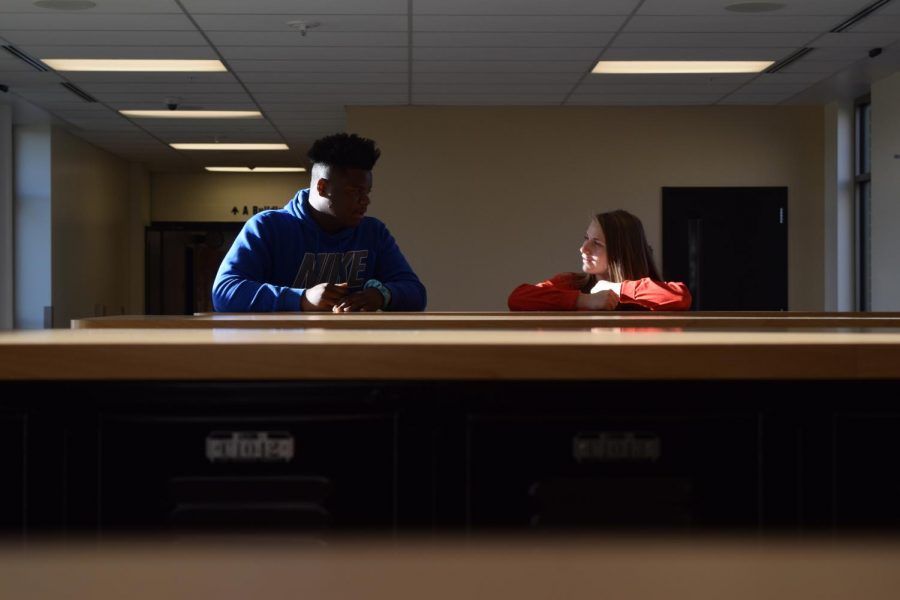Have curse words become so common they’ve lost their shock value?
November 18, 2019
When strolling the halls of MV, one will most likely hear either the prominent or faint sound of curse words being uttered from students mouths.
Many do not bat an eye at this array of vulgar language as it has become a large aspect of modern slang. From popular music to tv shows, curse words are becoming increasingly common in today’s culture. But has the normalization of these “bad” words changed how they are viewed in society?
In the past, parents would discipline their children whenever they uttered curse words, such as making them cleanse their mouths with soap. Nowadays, however, many parents allow their children to use such language freely with no consequence.
The acceptance of these words protruding from everyday conversations, and from people of all ages, has seemed to dull the taboo surrounding “bad” words.
Some people have become immune to the shock that typically arrives with indecent language, while others are still sensitive to this form of slang.
Reactions to “bad” language are dependent upon the environment in which one lives and grew up in. If one’s peers and family members often cussed around them in their youth, they are likely to view these words as simply words, and repeat the words themselves. On the other hand, if one grew up in an environment free of this language, they are likely to view it as a rare act of wrongdoing.
There is a debate among many about whether profane language should be censored. After all, aren’t swear words just like any other word? Social conditioning declares that certain words are more acceptable than others, which causes people to restrain themselves from truly speaking their mind to its fullest extent.
It is not the profane words themselves that makes people feel uneasy, but the things associated with them . Curse words are most commonly used harmlessly to relieve stress and physical pain, but can also be associated with aggression and violence.
This is due to slurs, which are different from average swear words. Slurs are words that intentionally seek out to insult or slander someone. People commonly confuse hurtful slurs for therapeutic slang, and may unintentionally hurt others with what they say.
The line between slurs and curse words has become more and more blurred due to the casual use of both in popular culture. With the accessibility of social media at people’s fingertips, it is much more simple to see the use of vivid language just by clicking on an app.
It is easier to hurt others now more than ever before, and all it takes is a few taps on a phone to unintentionally, or intentionally, harm someone emotionally. Consider the effect these words have on oneself and those who are around, and why one should choose to include or exclude them from your vocabulary.

